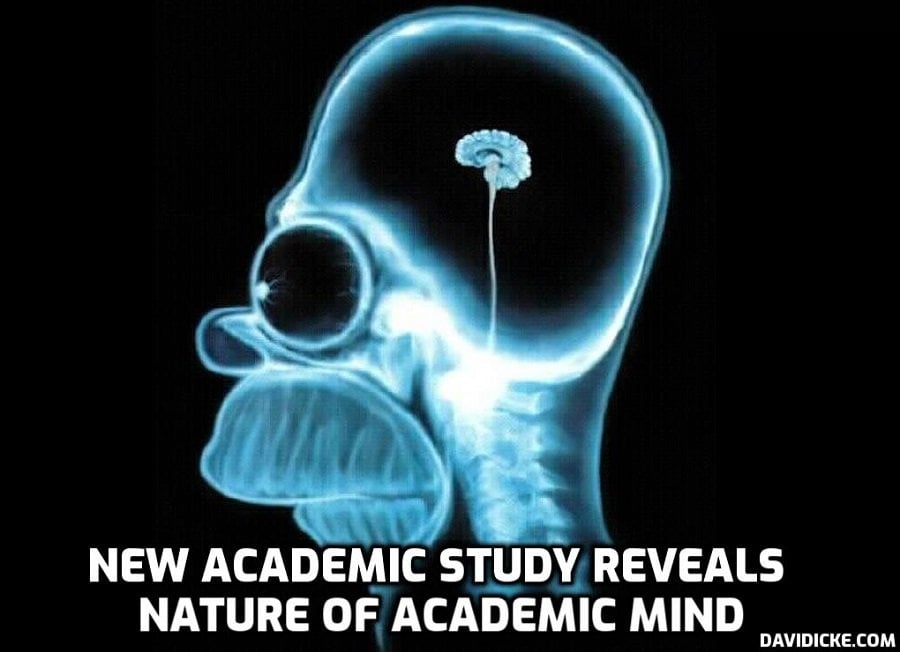Why Did So Many Academics, Trained to Think Critically (Are They?), Embrace the Pandemic Narrative? Answer: Morons, Money And Protecting Their Careers

A new book has been published, critical of the Covid consensus. Pandemic Response and the Cost of Lockdowns is a collection of essays by academics, each of whom has contributed an assessment of governments’ Covid policies from their particular subject-area in the human and social sciences.
The book includes sobering accounts of the impact of Covid policies in various states in the Global South – one of its three sections is comprised of essays written by academics with a specialism in one of these overlooked regions.
The other two sections include essays that reinterpret key Covid concepts, such as immunity and health, and that propose alternative paradigms through which Covid events might have been differently understood, such as those of intergenerational justice and proportionality.
But perhaps the greatest merit of the collection is that it represents the first of its kind: a broadly collaborative intervention from within the human and social science faculties of universities in a consensus that took hold in universities with alarming force and uniformity.
The rationale of the new publication is to offer alternative perspectives, on key concepts, prevailing paradigms and dominant contexts. It is a rationale that should be second nature to those employed to teach and research in the human and social sciences at universities; the one accomplishment that a third level education in these fields now guarantees is precisely that of offering alternative perspectives, of thinking differently.
Human and social science academics ought to have been positioned better than anyone to question the dominant view of COVID-19 and its effects and mitigation.
Yet, most academics in these faculties were and still are dispiritingly acquiescent.
Why? Why has their vocation for thinking differently not come to their aid when it really matters?
The academic enterprise of thinking differently began with the modern era. Descartes, father of modern science and philosophy, was also father of thinking differently, offering such a dramatically alternative perspective on ourselves and the world around us that he supposed that none of it was real:
I shall think, Descartes proposed in 1641, that the sky, the air, the earth, colours, shapes, sounds and all external things are merely delusions… I shall consider myself as not having hands or eyes, or flesh, or blood or senses, but as falsely believing that I have all these things.
Read More: Why Did So Many Academics, Trained to Think Critically, Embrace the Pandemic Narrative?
This article has been archived for your research. The original version from David Icke can be found here.



